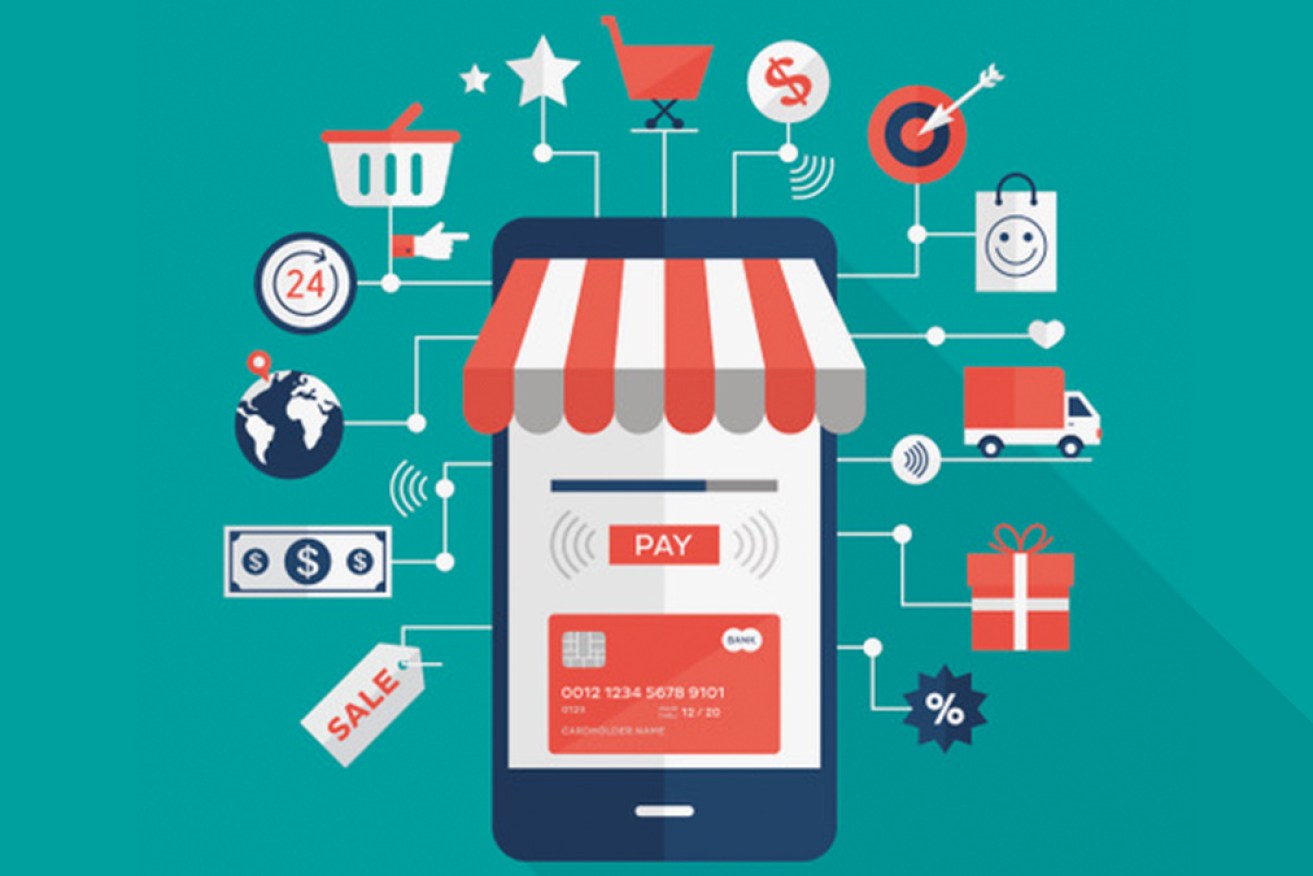Click Frenzy: What the rise of online sales events means for shoppers


Online sales events are tempting shoppers with exclusive deals and big discounts. Photo: Getty
Every December hordes of consumers storm the doors of major department stores on Boxing Day, hoping to be among the first to rifle through rooms full of post-Christmas bargains.
But things are changing.
Department stores and once mighty bricks-and-mortar retailers are in decline as more and more consumers opt to to be shop on their smartphone or computer.
A new wave of blockbuster online sales events mean that bargain hunters are no longer forced line up in the early hours of the morning to get their hands on discount deals.
Billing itself as “the sale that stops a nation”, Australian online sales event Click Frenzy sees discounts and deals on thousands of products from airfares to homewares and electronics go live for just 29 hours.
The last event in May attracted 1.1 million visitors to the site. The next event is due to kick off at 7pm on November 12, promising 3000 deals from 600 brands including Dyson, Air New Zealand, Adidas, and HP.
While most products are discounted by up to 30 per cent off, a handful are offered to members of the site for 99 per cent off, and are guaranteed to be snapped up within minutes of the sale going live.
Research by industry analysts Power Retail shows that shoppers are easily tempted by big discounts.
For a typical $100 purchase, a 25 per cent discount would be enough to entice one in two shoppers, the report titled Sales Events: Growing and Evolving said.
A discount of at least 50 per cent would convince nine out of 10 shoppers to pruchase immediately.
Online sales events lead to ‘opportunistic’ buying
Online-only sales events also encourage “opportunistic” buying behaviour, the Power Retail report found.
“‘Opportunistic’ buying refers to those items which the online
shopper had been considering purchasing at some stage, but which they ended up buying at the sale, presumably as it was offered at a compelling price,” the report said.
“These are in contrast to unplanned or spontaneous purchases, as well as specific items which shoppers already had to purchase during the sale.”
The average opportunistic sale at online only sales events was found to be 13 per cent higher ($423 versus $374) than for sales that ran both in-store and online.
The excitement of snapping up a seemingly good deal can come at a cost, though, with only 50 per cent of online shoppers who made an unplanned purchase checking the price elsewhere first.
Is online shopping too convenient?
With potential purchases just a few clicks away at all times, online shopping can become a drain on your bank account.
Earlier this year, a survey by ME Bank found that Australian shoppers are wasting up to $384 a year by simply failing to return unwanted online purchases.
Almost three-quarters of the 1000 shoppers surveyed admitted to having not returned an online purchase that wasn’t quite right, whether it be the wrong size, fit, poor quality, or simply unwanted.
Online shopping’s “ease and convenience” is a double-edged sword as it lends itself to “spontaneous” and impulse purchases, ME money expert Matthew Read said.
Key to avoiding wasting cash on unwanted items is to acknowledge the potential pitfalls of online shopping and adopt some simple measures, Mr Read said.
These include:
- ‘Sense checking’ what you’re buying and when you’re buying it. Asking ‘is this really something I need, and is it in the budget?’
- Delaying the purchase: sleep on it for a night before you buy
- Check the returns policy: know what you’re entitled to and how much returning an item will cost
- Remember the transaction isn’t over until you receive the item and make a final decision
Cyber safety: How to protect yourself while online shopping
Cyber security expert Aaron Bugal, a global solutions enginer at Sophos, said shoppers need to be cautious when making online purchases.
Mr Bugal’s five key safety tips for online shoppers are:
- If it sounds too good to be true, it IS too good to be true. When the price of things are drastically marked down or advertised as free, there’s usually a reason. Use caution before proceeding with these sorts of purchases.
- Never fill in purchase details on a website that doesn’t use a secure (encrypted) connection. Don’t be fooled by padlock images on the webpage itself, look for the padlock in your browser’s address bar – that’s how you know it’s encrypted.
- Don’t click on links in unsolicited emails. Those links could land you on a phishing website or a website that will infect you with malware. Always type in the website address, but be careful of mistyped addresses and bookmark the sites you typically visit for shopping, banking, etc.
- Watch out for sites that ask for way too much information, such as your card PIN. Remember that your card pin is not used for online purchases and therefore not required. If in doubt, give nothing out!
- Scrutinise your bank statements. Check your bank account transactions regularly for signs of fraud, particularly after making purchases online. If you discover payments that you can’t identify, notify your bank immediately.








